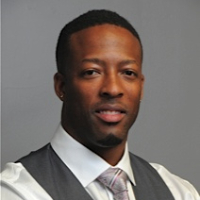Tolland DUI-DWI Lawyer, Connecticut
Sponsored Law Firm
-
 x
x

Click For More Info:
-
Andrew M Amendola, Attorney at Law
591 Thompson Avenue East Haven, CT 06512» view mapAccident & Injury, Criminal, Estate, Real Estate Where Every Client Matters
Let Andrew M Amendola, Attorney at Law handle all your legal needs today@
800-942-4780
Donald Edwood Howard
Car Accident, DUI-DWI, Slip & Fall Accident
Donald is orginally from Chicago, Illinois. He is 2003 graduate of Mississippi State University (MSU). He received his Masters in Public Policy Admini... (more)
John F. O'Brien
✓ VERIFIEDCriminal, Accident & Injury, Motor Vehicle, DUI-DWI, Civil & Human Rights
Attorney John F. O’Brien has over 30 years of experience as a criminal defense lawyer. We’ve been protecting people’s rights in Hartford, CT sin... (more)
Stanley Falkenstein
Construction, Divorce, DUI-DWI, Criminal
Status: In Good Standing Licensed: 53 Years
Matthew J. Collins
Litigation, Social Security -- Disability, DUI-DWI, Criminal
Status: In Good Standing Licensed: 39 Years
 Andrew Amendola East Haven, CT
Andrew Amendola East Haven, CT AboutAndrew M Amendola, Attorney at Law
AboutAndrew M Amendola, Attorney at Law


